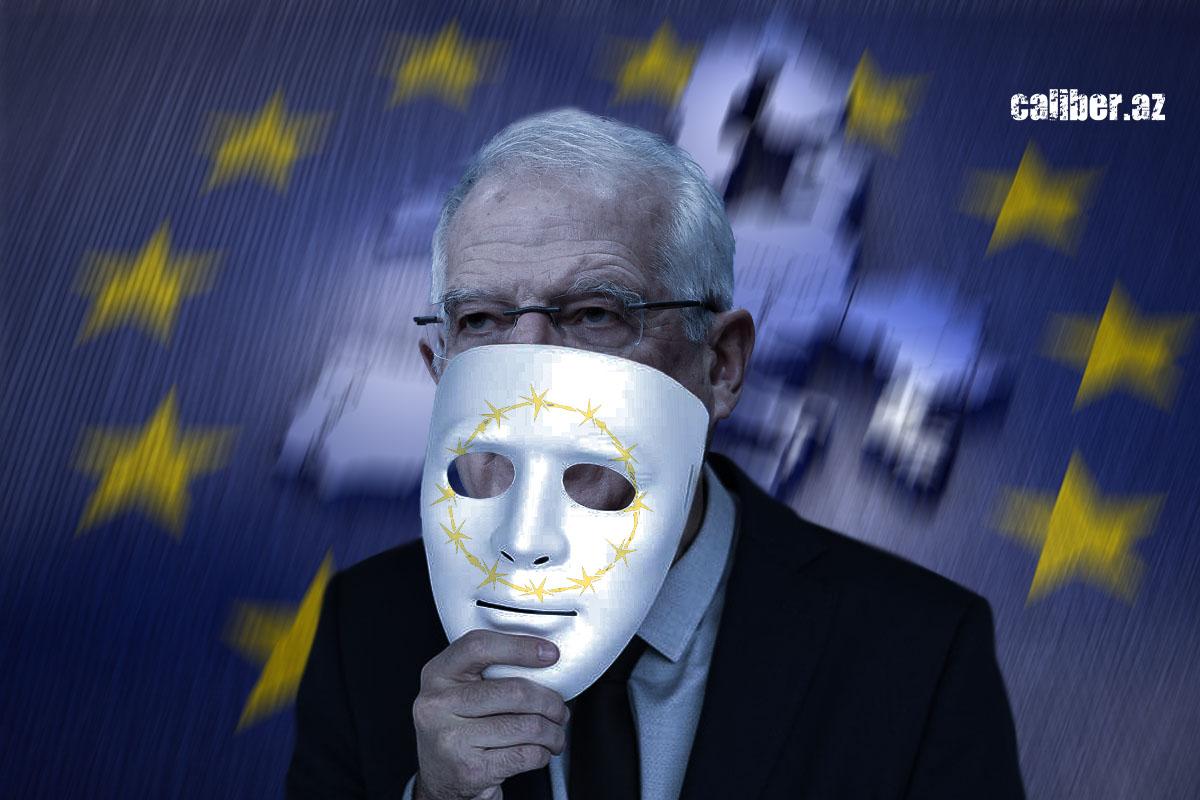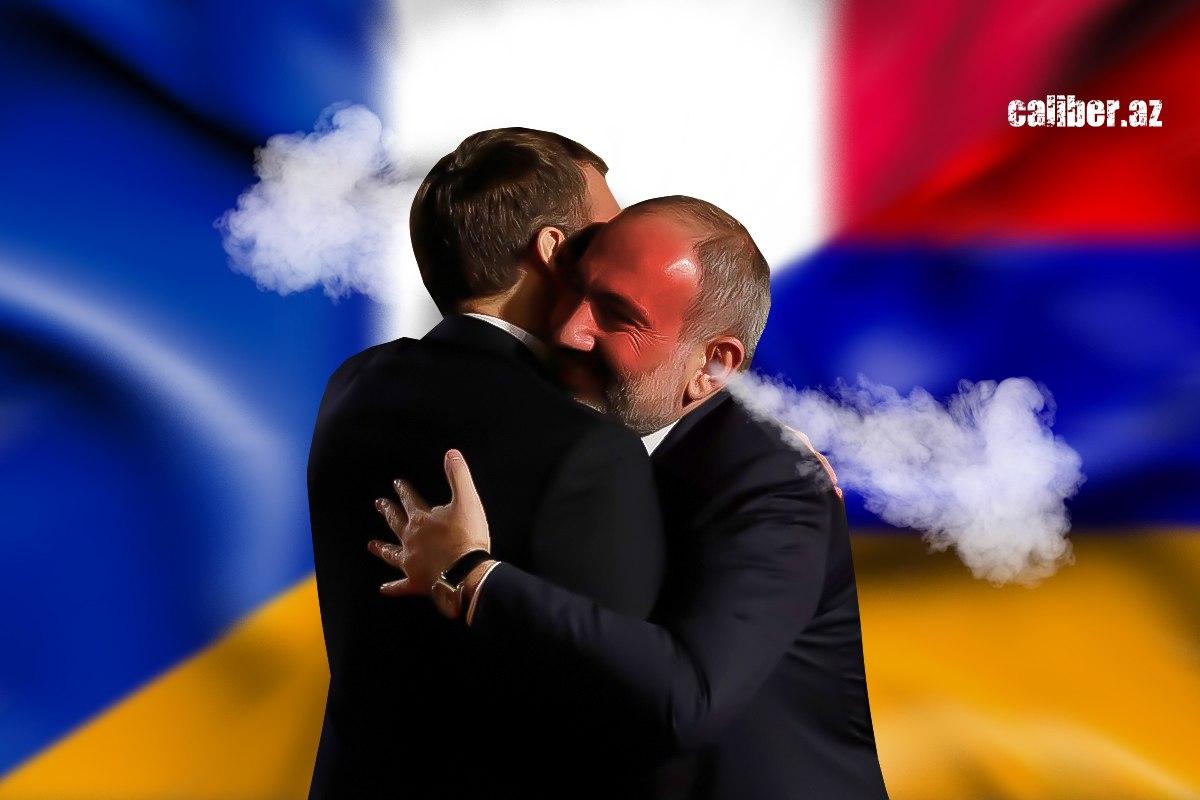EU's continued double standards in South Caucasus Or uneven diplomacy
It seems that Komsomolskaya Pravda has had a funny column for a long time called "People Who Surprised Us." It features stories about various absurd situations or statements made by famous people and others. However, in recent years, the notes in this column have lost some of their charm—what you might call their original freshness.
But that is not the point. The point is that it is time for us to open a similar column with a small amendment, calling it "People who did not surprise us", where we could tell about statements of various Western officials to Azerbaijan, which reveal the policy of double standards in the most didactic way.
Thus, the heroes of this column could be, among others, such figures as U.S. Assistant Secretary of State James O'Brien or EU Special Representative for the South Caucasus Toivo Klaar. The chief of Eurodiplomacy, Josep Borrell, could well be appointed as the head of this company. No one has ever uttered as many unsurprising nonsense statements as this official.

But the aforementioned Toivo Klaar recently said that the Armenians of Karabakh are one thing and the Azerbaijanis of Western Azerbaijan are another. No, it is understandable that some of them organized a riot and separatism, while others, on the contrary, became victims of ethnic cleansing - but Klaar meant something else. In short, he was not surprised.
However, the experienced masters are already being challenged by the younger generation. For instance, Peter Stano, a representative of the European Commission on Foreign Affairs, recently commented on the Ukrainian armed forces' incursion into Russia's Kursk region. He stated that the European Union does not oppose Ukraine's actions, adding that "Ukraine has the legitimate right to defend itself, including by striking the aggressor on its territory."
At first glance, this statement has nothing to do with Azerbaijan. But upon closer examination, it has a lot to do with Azerbaijan. After all, it was the representatives of the West, and the EU in particular, who demonstrated a completely different position when it came to restoring the territorial integrity and sovereignty of Azerbaijan.
When Azerbaijan reclaimed its territories or responded to armed provocations on the conditional border, the EU and other European structures expressed their displeasure and even threatened our country with sanctions. What makes Europeans interpret this problem differently in relation to Ukraine? If Ukraine is recognized as having the right to self-defence, why does not the same right apply to Azerbaijan?
The question is rhetorical - in the sense that, firstly, we have not been surprised by this position of the EU for a long time, and secondly, because we know the answer. The answer is that some can and some cannot. Thirty years ago the West unequivocally supported Armenia's occupation of Karabakh. Before the 44-day war, the West was quite satisfied with the geopolitical position of Armenia, which, although it was "under Russia", helped to contain the geopolitical activity of Azerbaijan as an important player in the Turkic and Islamic world.
After Azerbaijan managed to regain its lost territories, and especially with the beginning of the open phase of the Russian-Ukrainian conflict in February 2022, taking advantage of the shift of Moscow's attention, the West directly moved to intercept the Russian outpost in the South Caucasus represented by Armenia.

Thus, albeit tacitly, Azerbaijan is declared an adversary and Armenia an ally of the West. Hence the policy of "some are allowed and others are not".
Fortunately, Azerbaijan does not ask for permission whether it can act in accordance with the state interests. And if and when there are objective geopolitical obstacles to the realization of its sovereign policy, Baku painstakingly works to overcome these obstacles. In fact, this is exactly what Azerbaijan has been doing for the last thirty years.
However, the struggle for sovereignty does not stop for a minute, and there will never be an order to relax. Therefore, we should not be surprised at anything. All we have to do is to be fully armed.








